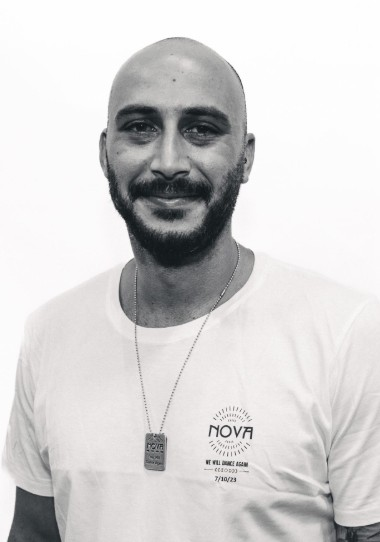New -delhi, October 12 (IANS). Gaza started on the path of peace. The world wants peace there. Some of such positive news came a news on Saturday, October 11, 2025. A young man who liked basketball, who laughed and smiled earlier, suddenly got the news of his death. The cause of the sudden death was not natural, but suicide. The name of this young man was Roi Shalev and he embraced death because he couldn’t forget the tragedy of the Nova Musical Festival that took away the sweet companion of his life. Roy’s closest friend Mapala Adam lost her life in the attack by Hamas. I cried and saved, but the wounds in my heart never healed. Not only did she cry, but there were many who could not carry the accident and ended their lives. In 2024, a girl who survived the attack also committed suicide. Here, too, the reason was the pain that could not be cured. Shirel Galon committed suicide on her 22nd birthday. What this means is that on the morning of October 7, 2023, Israel heard a scream that history will never forget. After the Hamas attack, another invisible war began in the midst of burning homes, families held hostage, corpses and terrorist terror. It was not a war with bullets and gunpowder, but of wounds that were pushed into the heart and spirit. Thousands of people who have physically survived were spiritually injured and were pushed into a world where there is no sleep at night and no reason to live during the day. Only weeks after the attack, a five-fold increase in cases of ‘ptsv’ ie ‘post-traumatic stress disorder’ was recorded in Israeli mental health centers. People who call the helpline numbers no longer tell stories about their fear, but about their guilt. “I survived, but my children/partner did not”, this sentence became the new national sentiment of Israel. People who have lost their families ask again every day – why do I live? Psychology considers it the most terrible form of ‘surviving guilt’, where the person blames his own survival and not an external enemy. In early 2024, the Israeli Ministry of Health and Organizations for Mental Health revealed that new cases of PTSV rose by 500 percent within three months of the attacks. The most affected communities were the communities that lived in Kafr Aja, Bayeri and Nir Oz. These areas are next to Gaza. Research shows that one in four people with PTSD is at the point of suicide. This situation is not new in Israel, but it has never been so widespread. Many such cases came to light in the country that came to light by the Yom Kippur War of 1973, the Lebanon War of 2006 and continuous incidents of terrorists. Psychologists believe that it is not just war-induced stress, but generation of trauma that will change the spiritual structure of children in the future. The government opened “resilience centers”, arranged for therapy, sent a team of psychiatrists, but the problem continues. It is not just the story of Israel, thousands of families living in Gaza, on whom the same war is death and night, struggles with this situation. A WHO report shows that every second child in Gaza shows signs of serious mental trauma. That is, war has not caught the boundaries, but the human mind. -—IANS KR/
Shalev’s suicide exposed the unseen dark page of the Hamas-Israel war, a psychological war that knows no boundaries.
